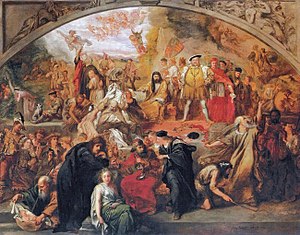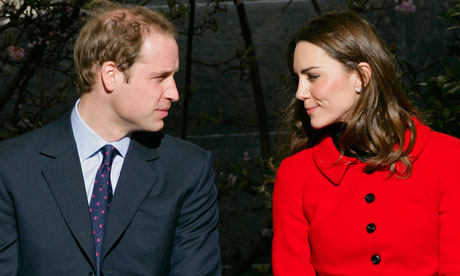•21:23
 | |
AUTHOR COMMENT'S
William Wordsworth
On April 7, 1770, William Wordsworth was born in Cockermouth, Cumbria, England. Wordsworth's mother died when he was eight--this experience shapes much of his later work. Wordsworth attended Hawkshead Grammar School, where his love of poetry was firmly established and, it is believed, he made his first attempts at verse. While he was at Hawkshead, Wordsworth's father died leaving him and his four siblings orphans. After Hawkshead, Wordsworth studied at St. John's College in Cambridge and before his final semester, he set out on a walking tour of Europe, an experience that influenced both his poetry and his political sensibilities. While touring Europe, Wordsworth came into contact with the French Revolution. This experience as well as a subsequent period living in France, brought about Wordsworth's interest and sympathy for the life, troubles and speech of the "common man". These issues proved to be of the utmost importance to Wordsworth's work. Wordsworth's earliest poetry was published in 1793 in the collections An Evening Walk and Descriptive Sketches. While living in France, Wordsworth conceived a daughter, Caroline, out of wedlock; he left France, however, before she was born. In 1802, he returned to France with his sister on a four-week visit to meet Caroline. Later that year, he married Mary Hutchinson, a childhood friend, and they had five children together. In 1812, while living in Grasmere, they grieved the loss of two of their children, Catherine and John, who both died that year. Equally important in the poetic life of Wordsworth was his 1795 meeting with the poet, Samuel Taylor Coleridge. It was with Coleridge that Wordsworth published the famous Lyrical Ballads in 1798. While the poems themselves are some of the most influential in Western literature, it is the preface to the second edition that remains one of the most important testaments to a poet's views on both his craft and his place in the world. In the preface Wordsworth writes on the need for "common speech" within poems and argues against the hierarchy of the period which valued epic poetry above the lyric.
Wordsworth's most famous work, The Prelude (1850), is considered by many to be the crowning achievement of English romanticism. The poem, revised numerous times, chronicles the spiritual life of the poet and marks the birth of a new genre of poetry. Although Wordsworth worked on The Prelude throughout his life, the poem was published posthumously. Wordsworth spent his final years settled at Rydal Mount in England, travelling and continuing his outdoor excursions. Devastated by the death of his daughter Dora in 1847, Wordsworth seemingly lost his will to compose poems. William Wordsworth died at Rydal Mount on April 23, 1850, leaving his wife Mary to publish The Prelude three months later.




